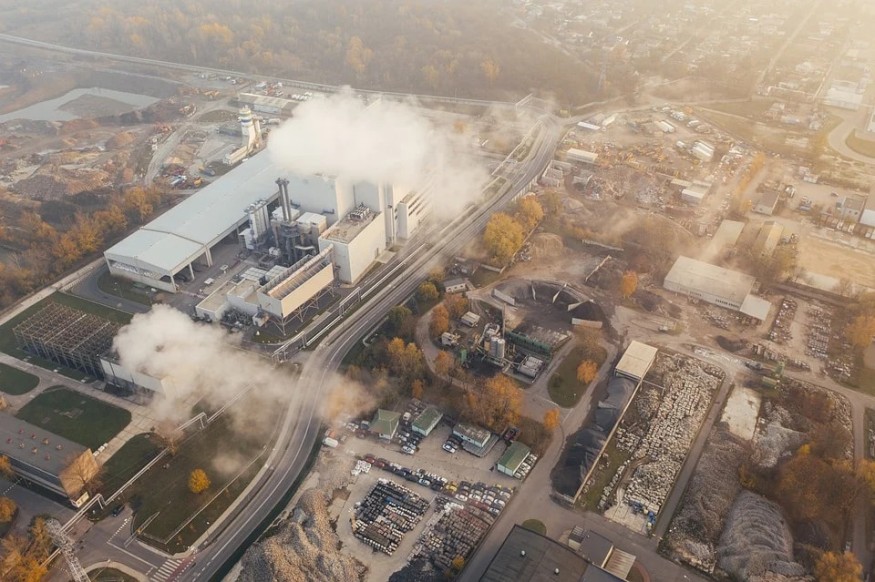
Despite the sudden and substantial shifts in consumption habits seen during the early months of the COVID-19 pandemic, Japanese households continued to emit the same amount of greenhouse gases as before. Last summer, the term "anthropause" was coined to describe the decline of human activity caused by the pandemic. Still, plant closures and disrupted global supply chains did not translate into the embrace of eco-friendly lifestyles by the typical household.

"We saw rapid lifestyle changes around us during the early COVID-19 season, so we wanted to investigate the environmental consequences of these changes. Other studies from the time span indicated that greenhouse gas emissions from the manufacturing side had reduced. Still, when we looked at emissions from the consumption side, we found that they had remained relatively constant from 2015 to 2019, "Yin Long, a project assistant professor at the University of Tokyo Institute for Future Initiatives, explained the situation. Long is the lead author of a study that was recently published in the journal One Earth.
Private Consumption

According to experts, the purchase of goods and services by private households accounts for half of a country's carbon footprint around the world. The direct and indirect greenhouse gas emissions associated with developing, producing, and transporting the food, products, facilities and services we use are measured by a carbon footprint.
In this report, researchers looked at around 500 different consumer products and then tracked the carbon emissions associated with all of the associated goods and services. Dining out, groceries, clothes, appliances, movies, auto fuel, and household services were all included.
"The real beauty of it is the accuracy of long-term data collection in these government statistics, also during the COVID-19 timeframe, which helps us to compare it to historical trends," said Associate Professor Alexandros Gasparatos, the study's lead researcher and an authority on ecological economics. Gasparatos is affiliated with the University of Tokyo as well as the United Nations University of Tokyo.
Carbon Footprint

The carbon footprints of household consumption for the months of January to May 2020 are similar to those of the same months in the previous five years. COVID-19 diagnoses started to rise in Japan in February, prompting the country's first COVID-19 state of emergency, proclaimed from mid-April to mid-May 2020.
According to the research team's findings, the carbon footprint of all households in 2020, both in general and across various age ranges, will essentially remain within the context of 2015 to 2019.
Japanese State of Emergency

During the state of emergency, the carbon footprint of pollution associated with dining out reduced, but emissions from groceries increased, owing to increased purchases of beef, eggs, and dairy. Emissions from clothes and entertainment fell dramatically during the state of emergency but quickly rebounded after the emergency action was lifted.
National and local governments in Japan issued a nonbinding state of emergency declarations, requesting that citizens curtail social events, community eating, and non-essential travel between prefectures. Researchers believe Japan's nominal impositions are likely a better example of the lifestyle changes that eco-conscious households would make willingly compared to lawfully imposed lockdowns in other countries.
"When COVID-19 struck, factories shut down, but market demand remained constant, so factories reopened to meet those demands. As stated in the United Nations Sustainable Development Goals, consumers and suppliers should share responsibility for achieving healthy lifestyles, "Long said.
For more news about Environmental Action, don't forget to follow Nature World News!
© 2025 NatureWorldNews.com All rights reserved. Do not reproduce without permission.





